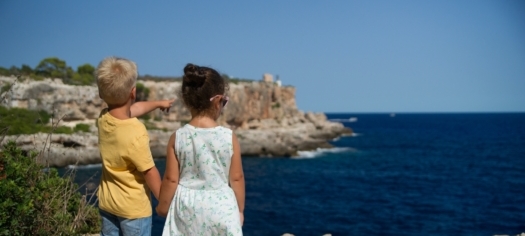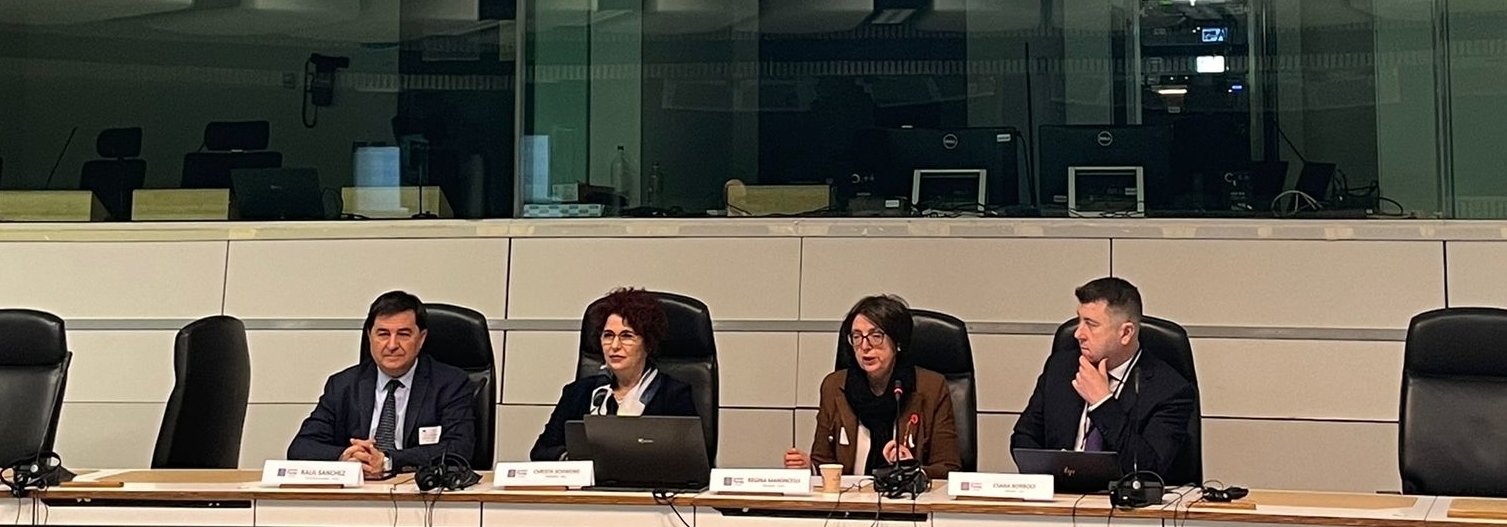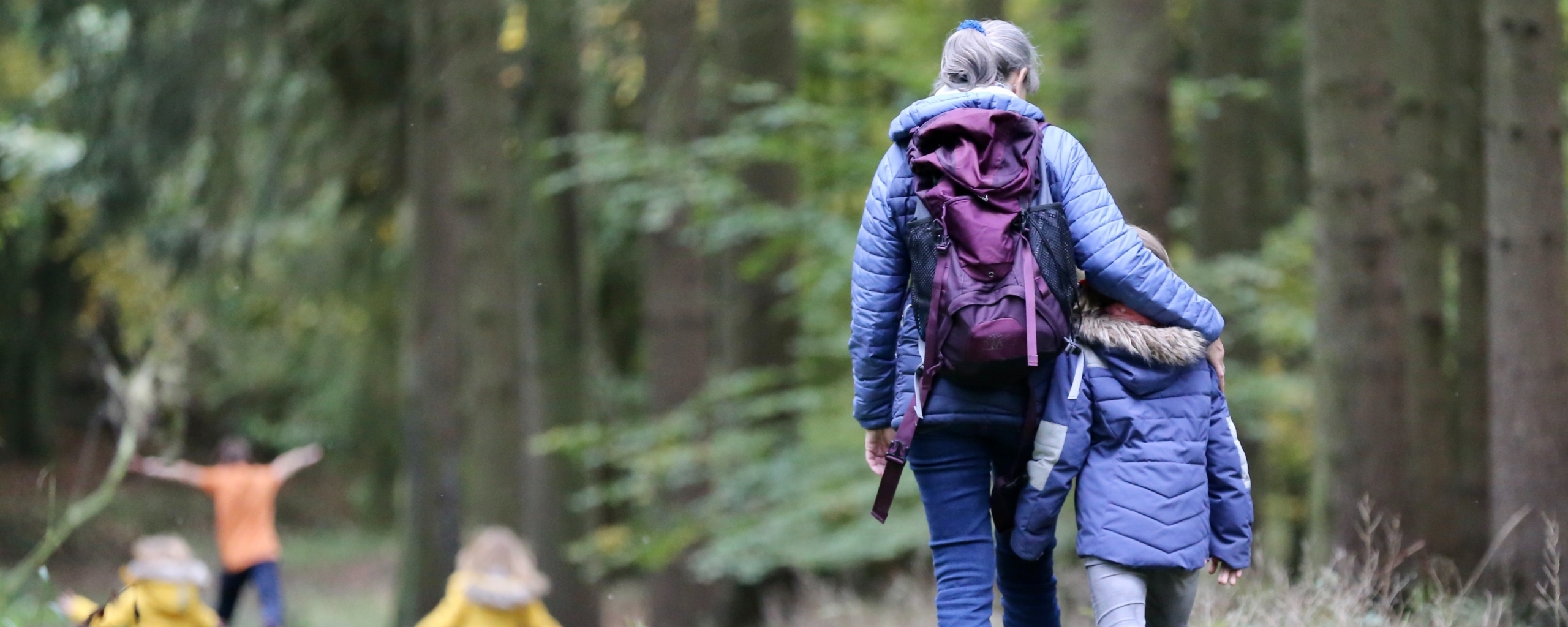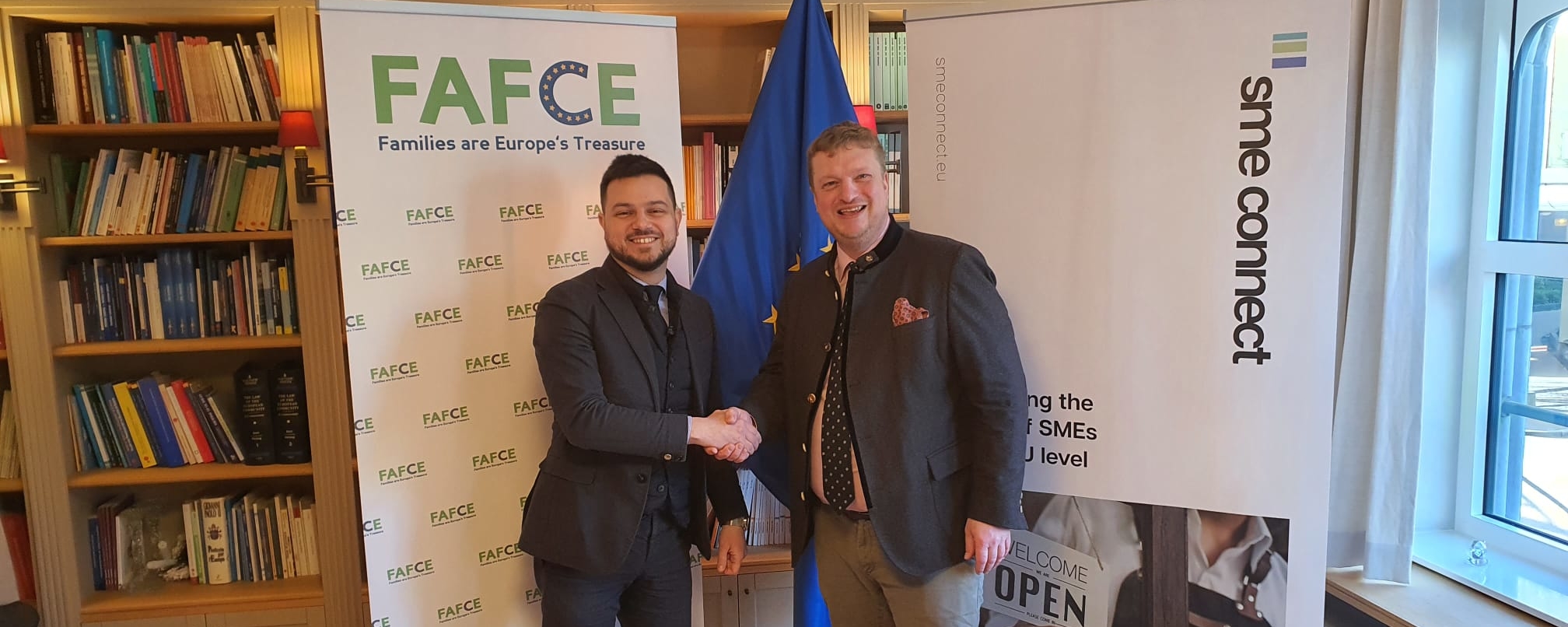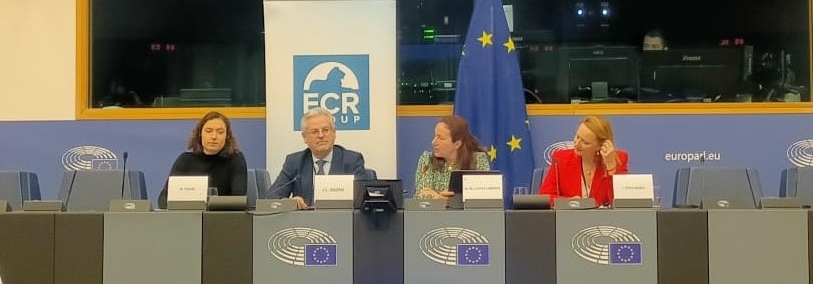Art & Family
The Family is very connected with Art. In this page we would like to encourage families with all their members to live with Art and to make of art by their lives living their faith.
As John Paul II Pope said in 1999 in its Letter to the Artists “Society needs artists, just as it needs scientists, technicians, workers, professional people, witnesses of the faith, teachers, fathers and mothers, who ensure the growth of the person and the development of the community by means of that supreme art form which is “the art of education”. Within the vast cultural panorama of each nation, artists have their unique place. Obedient to their inspiration in creating works both worthwhile and beautiful, they not only enrich the cultural heritage of each nation and of all humanity, but they also render an exceptional social service in favor of the common good.
The particular vocation of individual artists decides the arena in which they serve and points as well to the tasks they must assume, the hard work they must endure and the responsibility they must accept. Artists who are conscious of all this know too that they must labour without allowing themselves to be driven by the search for empty glory or the craving for cheap popularity, and still less by the calculation of some possible profit for themselves. There is therefore an ethic, even a “spirituality” of artistic service, which contributes in its way to the life and renewal of a people. It is precisely this to which Cyprian Norwid seems to allude in declaring that “beauty is to enthuse us for work, and work is to raise us up”.
The distinction between the moral and artistic aspects is fundamental, but no less important is the connection between them. Each conditions the other in a profound way. In producing a work, artists express themselves to the point where their work becomes a unique disclosure of their own being, of what they are and of how they are what they are. And there are endless examples of this in human history. In shaping a masterpiece, the artist not only summons his work into being, but also in some way reveals his own personality by means of it. For him art offers both a new dimension and an exceptional mode of expression for his spiritual growth. Through his works, the artist speaks to others and communicates with them. The history of art, therefore, is not only a story of works produced but also a story of men and women. Works of art speak of their authors; they enable us to know their inner life, and they reveal the original contribution which artists offer to the history of culture. A noted Polish poet, Cyprian Norwid, wrote that “beauty is to enthuse us for work, and work is to raise us up”. The theme of beauty is decisive for a discourse on art. It was already present when I stressed God’s delighted gaze upon creation. In perceiving that all he had created was good, God saw that it was beautiful as well. The link between good and beautiful stirs fruitful reflection. In a certain sense, beauty is the visible form of the good, just as the good is the metaphysical condition of beauty. This was well understood by the Greeks who, by fusing the two concepts, coined a term which embraces both: kalokagathía, or beauty-goodness. On this point Plato writes: “The power of the Good has taken refuge in the nature of the Beautiful”.
Tate Gallery is inviting us to Explore how artists have responded to the theme of Family
National Gallery Art is inviting you to Discover a variety of multi-generational programs
Kids and Families. The Met Museum has so much to offer kids and their families
FAFCE contributes to the public consultation on the 2023 Strategic Foresight Report
14th of March 2023 Long-term changes are having a profound effect on the lives of Europeans. The European Commission therefore includes in its work an effort to embed strategic foresight: "Foresight is the discipline of exploring, anticipating and shaping
IV Convention of the European Network of Family-Friendly Municipalities: “Innovating roots: Working for future generations”
Brussels, 7th of March 2023 FAFCE had the pleasure to participate last week in the IV Convention of the European Network of Family-Friendly Municipalities: “Innovating roots: Working for future generations” organised by the European Large Families Confederation (ELFAC). The
2023 European Day for a Work-Free Sunday: Synchronised quality resting time for an improved mental health of workers
2023 European Day for a Work-Free Sunday: Synchronised quality resting time for an improved mental health of workers 3rd of March 2023, On the occasion of the 2023 European Day for a Work-free Sunday on March 3, the European
PRESS RELEASE | Cooperation agreement between FAFCE & SME Connect: Together for a more sustainable Europe
PRESS RELEASE Cooperation agreement between FAFCE & SME Connect Together for a more sustainable Europe Brussels, 1st of March 2023 “The digital and the green transitions cannot be dissociated from the demographic transitions, we are therefore convinced of the strategic
FAFCE contributes to the Council of Europe Reykjavik Summit on the future of democracy and human rights in Europe
FAFCE contribution to the 4th Council of Europe Summit (Reykjavik 16-17 May 2023) 22 February 2023, The Council of Europe organises its 4th Summit of Heads of State and Government, in Reykjavik, Iceland, on 16 and 17
This week at the European Parliament: cross-border recognition of parenthood and EU action on violence against women
17 February 2023, Last Tuesday, on the 14th of February, FAFCE Policy Manager, Bénédicte Colin, intervened at the European Parliament at an event on "a European Certificate of Parenthood?", hosted by MEP Margarita de la Pisa (ECR, Spain). She

